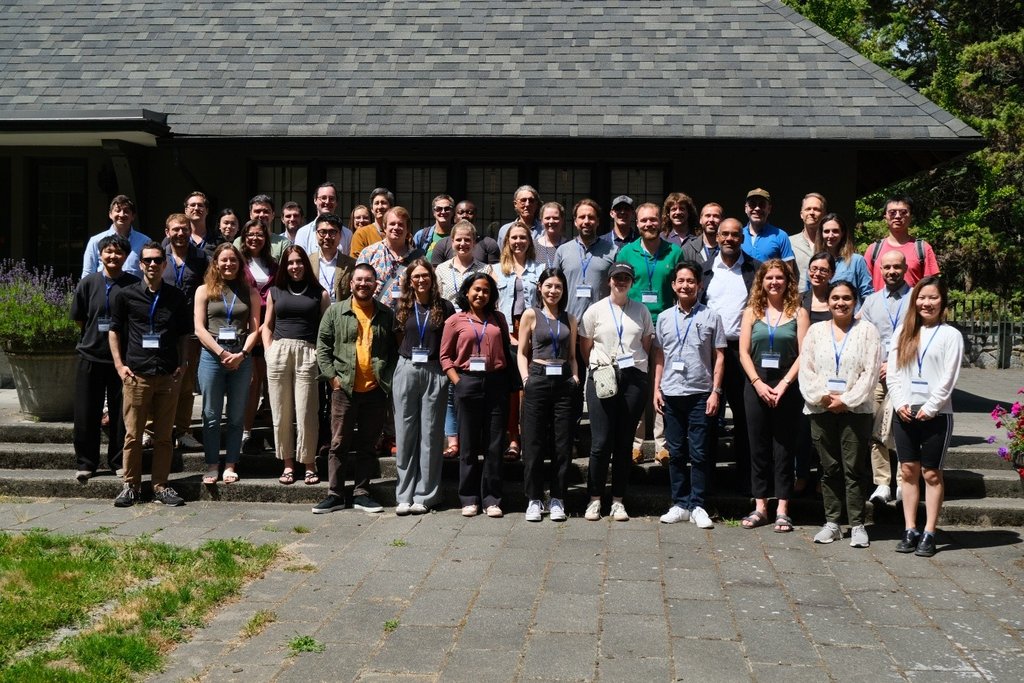Research - 21.07.2025 - 10:00
Anyone who has ever travelled from northern Germany to southern Italy or from Poland to Portugal will notice it immediately: people behave differently depending on the region. Sometimes they are more open, sometimes more reserved, sometimes more traditional, sometimes more innovative. Such cultural differences between regions are not only entertaining or anecdotally interesting, but also have social relevance. They concern questions such as: Why do some regions develop more dynamically than others economically? Where do people feel particularly at home – and why? The importance of regional cultures is now officially recognised politically. The European Union, for example, explicitly emphasises the prominent role of regional cultures in its “New European Agenda for Culture” and has declared their preservation and development to be one of its goals.
However, as self-evident as the existence of regional cultures may seem, it has long been difficult to capture them scientifically. This is because culture is, by definition, a complex concept that is difficult to grasp and cannot be easily measured. In recent years, this has changed. Driven by new methods and close cooperation between various disciplines, such as psychology, economics, geography and data science, it is becoming increasingly possible to empirically capture cultural differences between regions.
Based on large-scale studies, this new research shows that regions differ in how frequently certain psychological traits occur in the population. Such differences can not only be mapped, but also linked to social developments. For example, research shows that in psychologically open regions, where people are more open to new things, companies are founded more frequently.
In the recent past, various disciplines have therefore set out to quantitatively assess regional cultures in order to investigate their causes and effects. Although this new field of research provides exciting insight, there has been little exchange between the disciplines involved to date. Many researchers worked in isolation, using different methods. Until now, there has been no common platform for exchange. But it is precisely here, in the networking of perspectives, that there is great potential for better understanding the role of regional culture in our societies.
Prof. Tobias Ebert from the Institute of Behavioural Science and Technology at the University of St.Gallen (HSG-IBT) is dedicated to mobilising precisely this potential. Together with Prof. Friedrich Götz at the University of British Columbia, he initiated the new conference series Regional Cultural Differences Conference three years ago. Following its premiere in Barcelona in 2022, the second edition recently took place in Vancouver, organised in cooperation with Prof. Eric Hehman at McGill University. Together, the organisers were able to secure a Connection Grant from the Canadian Social Sciences and Humanities Research Council. This brought together over 50 researchers from various disciplines and regions to present their latest work on regional cultures. The programme covered topics ranging from the causes to the social consequences of regional cultural differences.
Thomas Talhelm, professor of Behavioural Science at the Chicago Booth School of Business, provided an example of the causes of regional cultural differences. He showed how historical differences in agriculture – such as whether wheat or rice was traditionally grown – are still reflected in the cultural patterns of different regions of China today. This revealed a stronger sense of belonging in rice-growing regions compared to wheat-growing regions.
Martin Obschonka, professor of Entrepreneurship at the Amsterdam Business School, presented research on how regional differences in psychological openness help predict the emergence and spread of innovation.
In addition to organiser professor Tobias Ebert, the University of St.Gallen was represented by Dr Ruben Laukenmann, who gave a presentation on regional racial prejudice in the USA and its consequences. HSG doctoral student Michael Ohlinger gave a presentation on the interplay between personality and residential choice.
A highlight of the programme were keynote speeches by leading international scientists such as Michele Gelfand, professor of Organisational Behaviour at Stanford Graduate School of Business. She spoke about how the development of regions differs depending on whether social norms in a society are enforced strictly or loosely. It became clear that particularly successful regions are able to adapt their norms in a context-sensitive manner.
Nathan Nunn, professor of Economics at the University of British Columbia, presented field studies from Africa that impressively demonstrate how deeply entrenched cultural norms regarding (non-) compliance with rules shape economic behaviour.
The event concluded with a keynote speech by Sandra Matz, professor of Business at Columbia Business School, who used digital behavioural data – such as from Twitter – to show how populist messages tend to catch on in regions where people are dissatisfied and experience more negative emotions.
The event series is to be continued every two years. St.Gallen is being discussed as the venue for the next edition.
More articles from the same category
Discover our special topics
